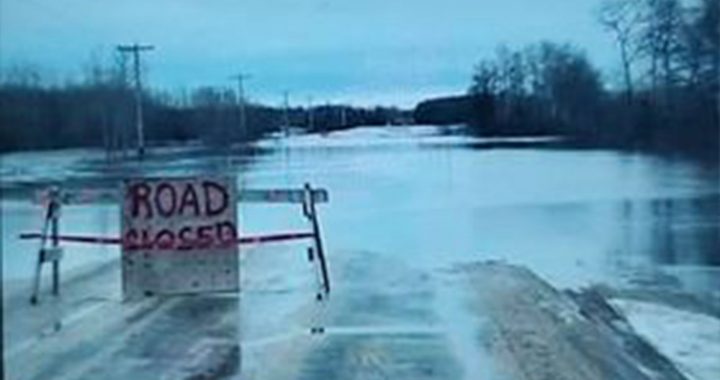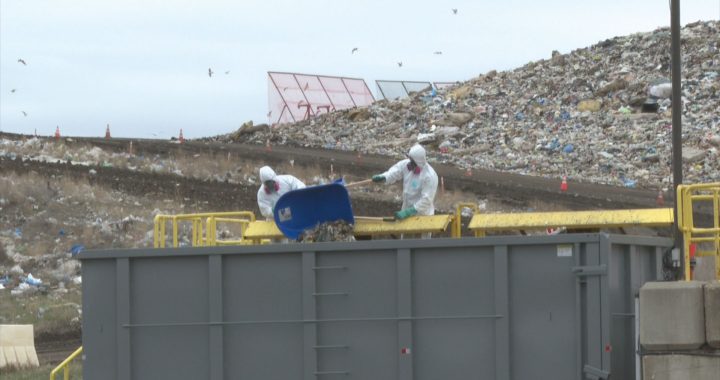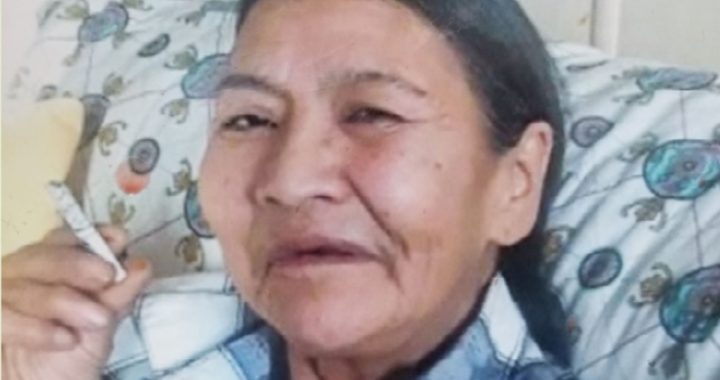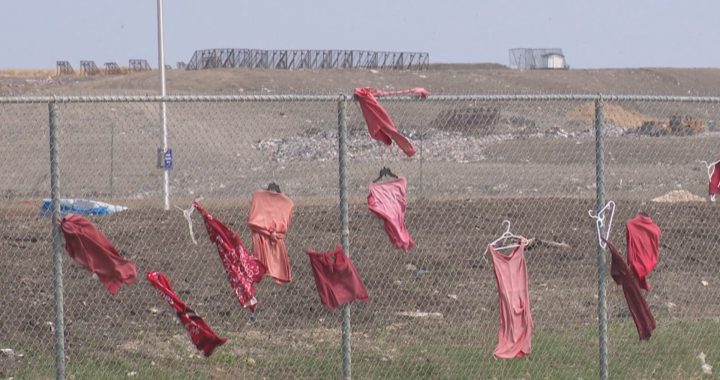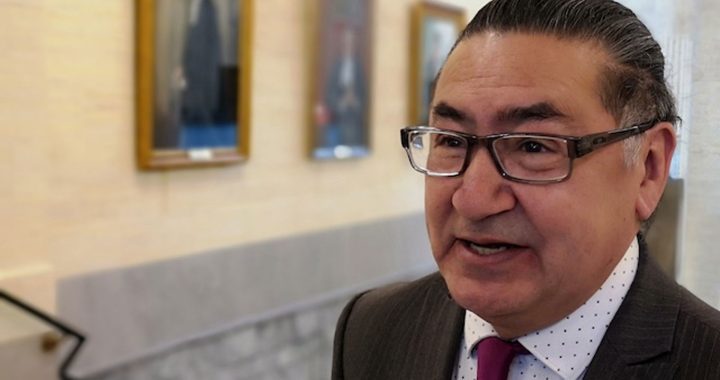Darlene Louttit has never learned how to suture a wound – but it’s something the 16 year old from Attawapiskat Cree Nation says she’ll be doing more of in the future.
“I want to become a surgeon and I’ve been wanting to become a surgeon since I was in second grade, just to help people,” she said.
Fifteen high school students from four First Nations along the western coast of James Bay are taking advantage of these medical workshops being offered at Queen’s.
It’s the second year of the program through the Queen’s Weeneebayko Health Education Program.

According to senior advisor Dr. David Taylor, it’s the next phase of a 60-year partnership between the university and the Weeneebayko Area Health Authority (WAHA), a healthcare network in northeastern Ontario.
Taylor said the intent is to inspire youth to work in the medical field and take their skills back into their remote communities.
“It’s a vision casting event, it’s an opportunity for the youth to see what opportunities are out there in healthcare, what careers they could pursue and how they would go about training to become a nurse, a physician, a physiotherapist, an occupational therapist.
“There are so many opportunities out there and they’re just so hard for them to see and access from their communities that we want to provide that vision,” he said.
Allyssa Sutherland, 19, from Fort Albany First Nation in northern Ontario, said the chance to do an ultrasound on a volunteer was a highlight.
“I was finding Chuck’s heart and it was pretty good, like seeing the heart pump and like the valves and everything else, that’s great,” she said.
Taylor said the plan is to expand the program next year to include students from Peawanuck and Kashechewan First Nations.
It’s something Sutherland recommends.
“They should definitely sign up for next year, because it’s really fun, especially the ones who want to get into the health field,” she said.




